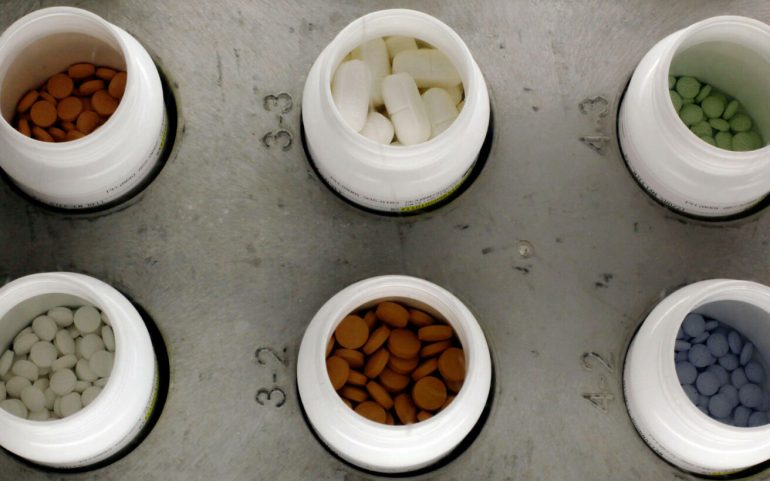In February of 2019, World Health Organisation had sounded the alarm about the release of fake meningitis vaccines in Niger. The agency called for increased vigilance at all levels of the supply chain, especially in West Africa, as it was found that the batch number and expiry date of the vaccines did not match the records of any manufacturer of the original formulations.
That same month, the WHO warned of the release of counterfeit drugs for hypertension in Cameroon, which contained instead of the prescribed substance, another, used to treat diabetes, and causing the opposite effects in patients who took them.
The country's customs had already seized thousands of drugs of questionable quality.
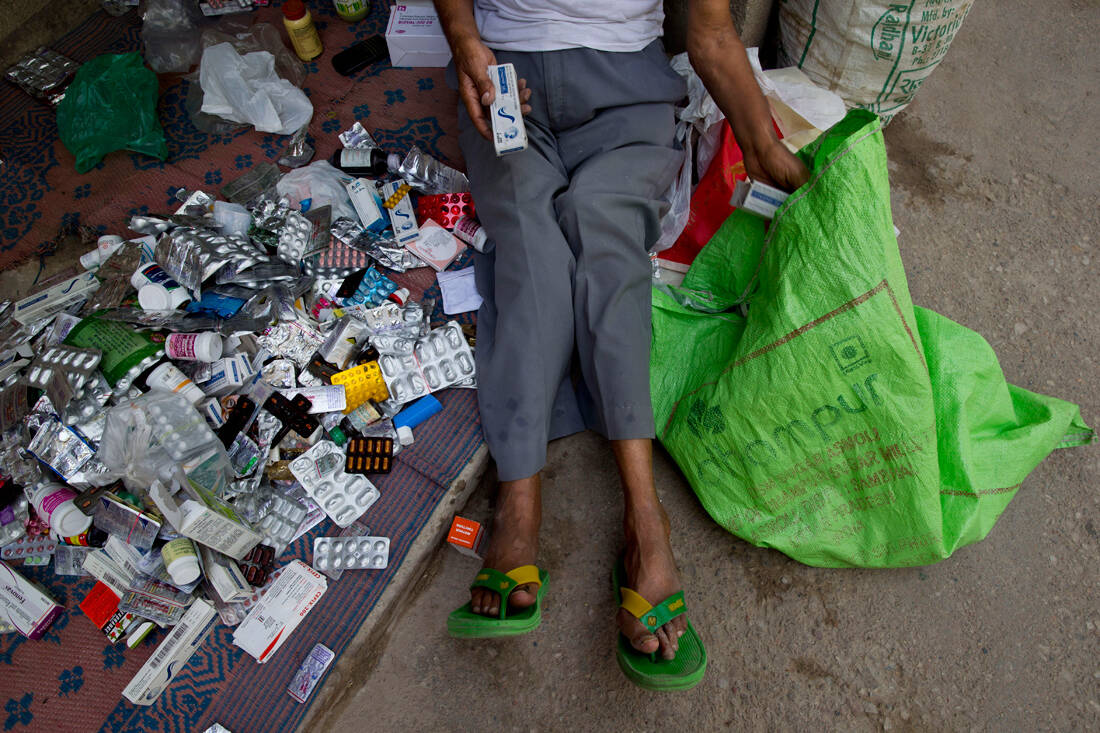
These cases, in Cameroon and Nigeria, were neither the last nor the only ones in Africa where the unfortunate combination of struggling economies, weak regulators and under-educated consumers makes many countries very vulnerable to easy-profit circuits. indifferent to the consequences on human lives.
In fact, in recent years smuggling from India and China has become easier, as many legal and genuine drugs come from these countries.
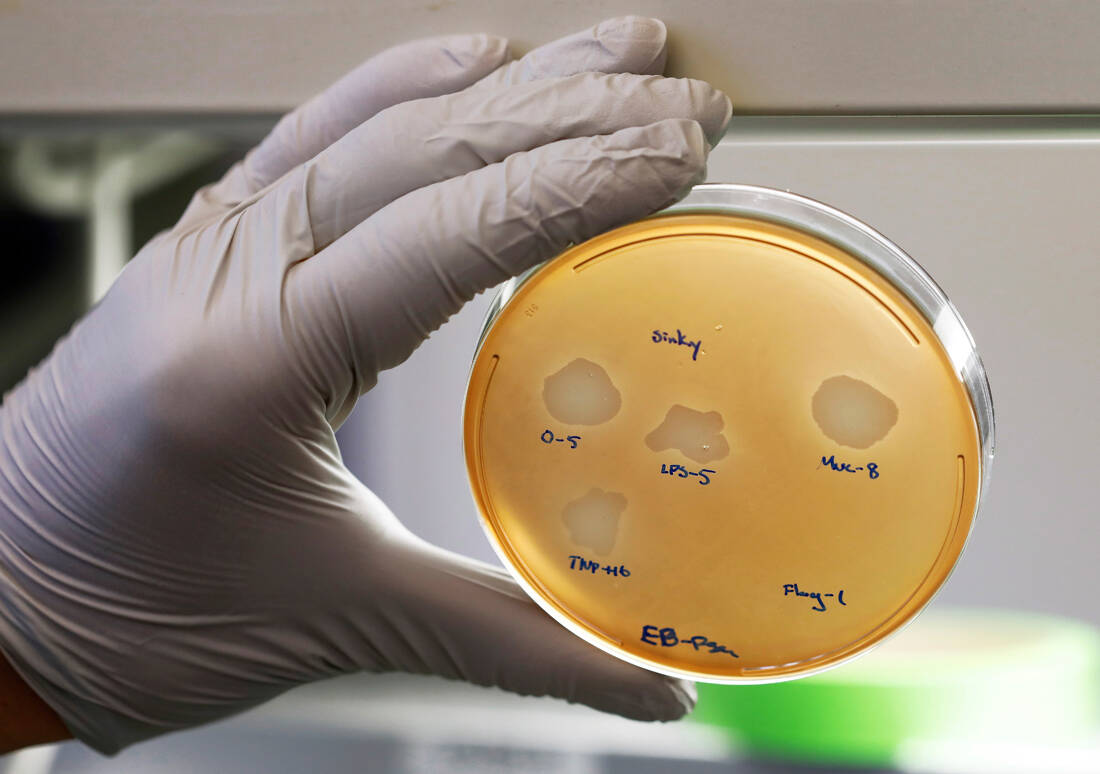
African countries are also vulnerable because the legal pharmaceutical market is growing rapidly as the population grows and expands. According to consulting firm McKinsey, the value of the pharmaceutical industry in Africa is expected to double or even triple this year to $ 40 billion to $ 65 billion.
This makes the industry attractive to both real players in the pharmaceutical sector and to people who operate either on the margins or in an illegal regime.
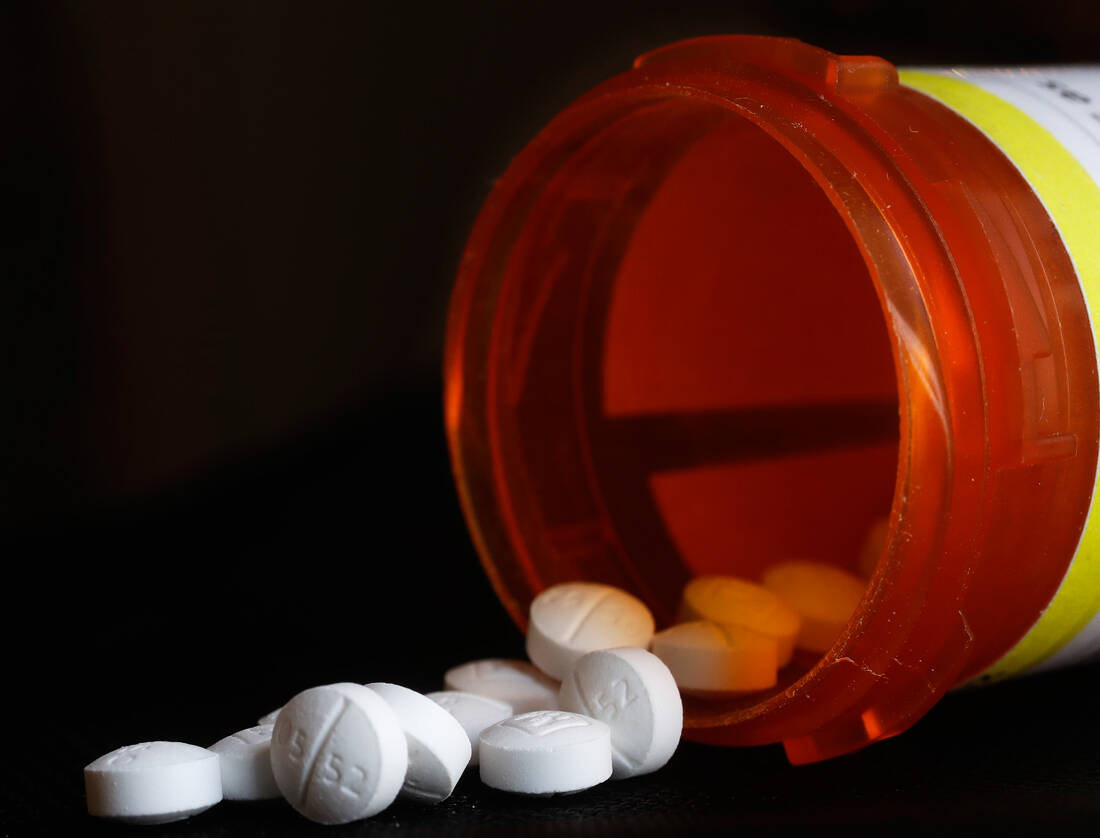
There is now talk of a public health crisis. Seven African countries met in Togo last month to set up a front against the growing problem. Congo, Niger, Senegal, Togo, Uganda, Ghana and Gambia discuss measures to tackle counterfeiting medicines, incisions that are still developing at the expense of obviously human life.
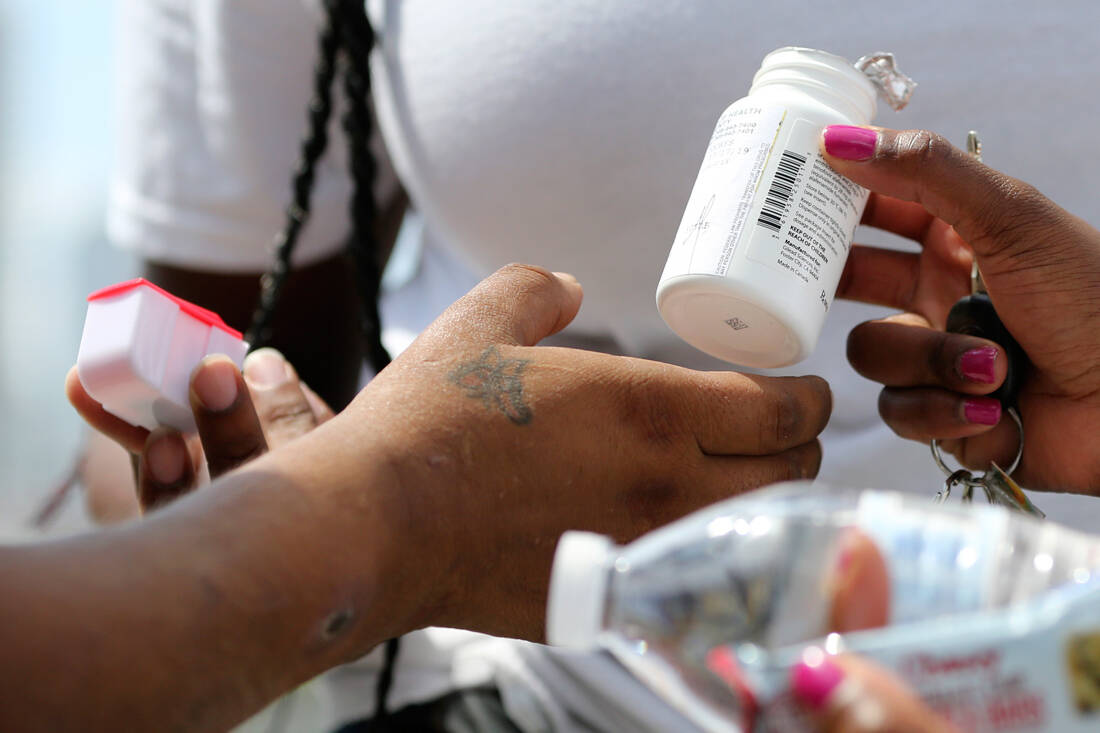
Worldwide, trade in counterfeit pharmaceuticals is valued at $ 200 billion, with Africa being one of the most affected regions, according to estimates. According to the World Health Organization, 42% of all counterfeit drugs between 2013 and 2017 - which came to the knowledge of the organization - came from Africa
Only 21% came from Europe and North and South America.
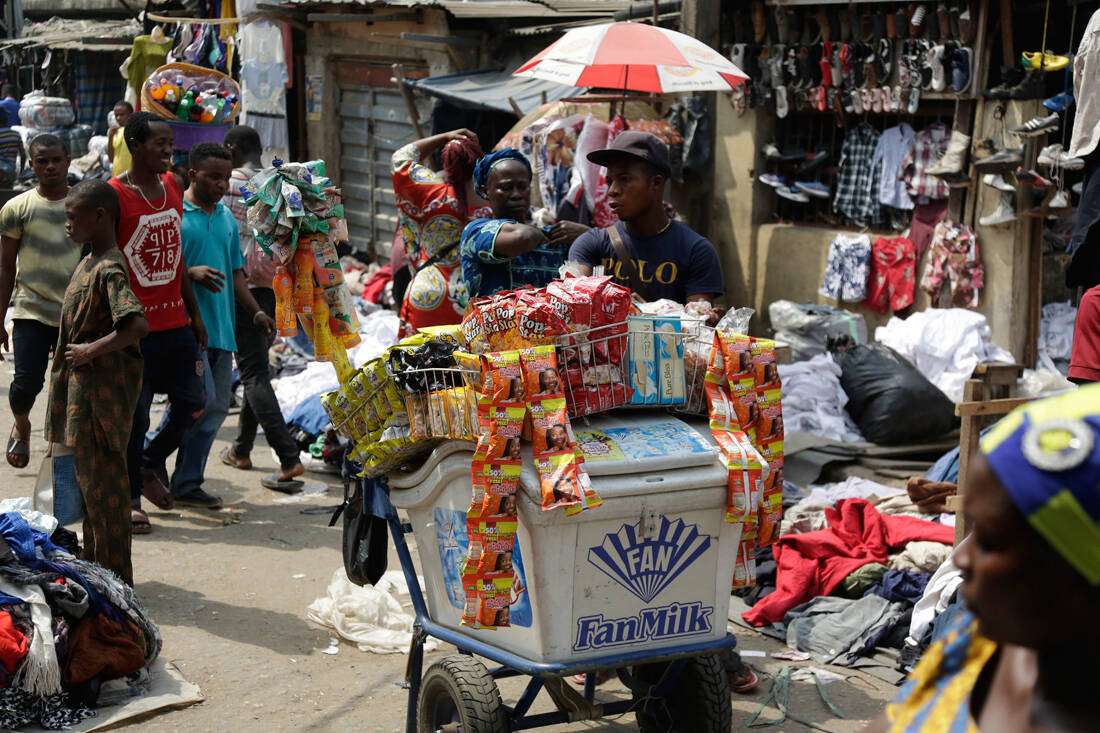
The World Health Organization has a recording mechanism based on national or regional regulators around the world, who are called upon to notify it when seizing shipments of counterfeit drugs. So the data for the period mentioned above only concern those cases that have reached the Agency through the national regulatory authorities.
The WHO itself has pointed out that the more young workers were trained and the more active the national regulatory authorities were, the more reports of seizures increased. So it is possible that areas with weak such systems will not be able to record and report the problem to its true extent.
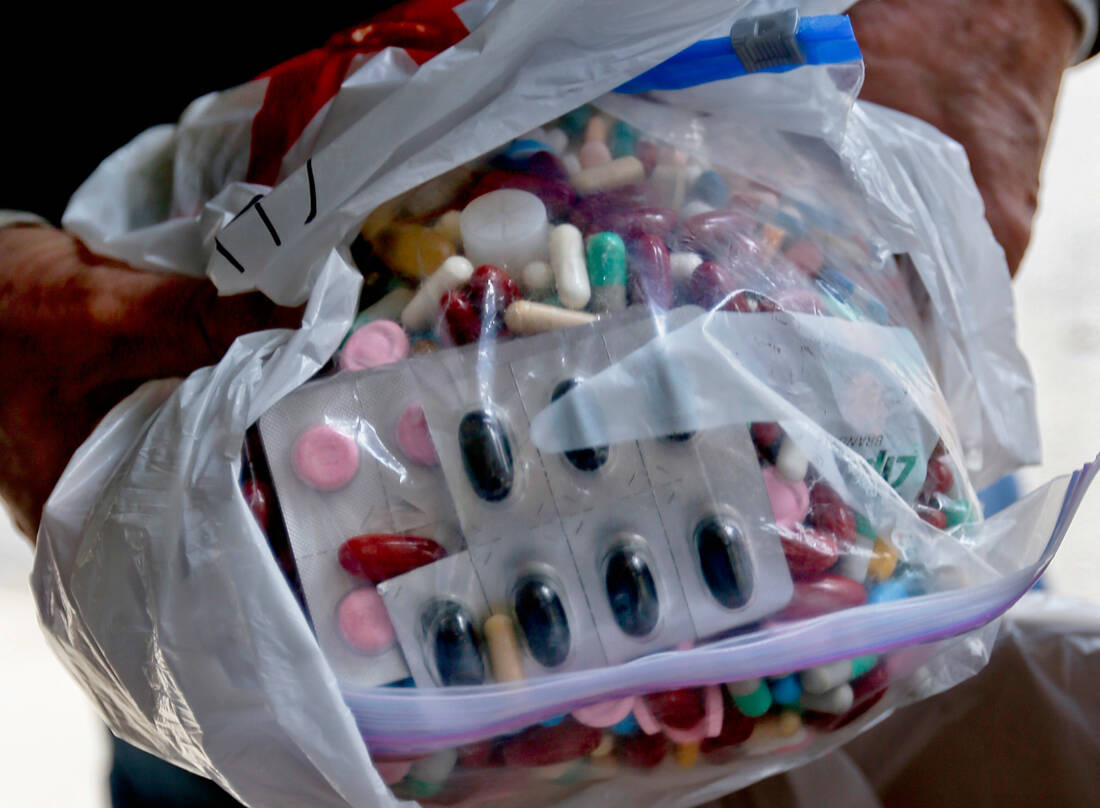
Bright Simons, who set up a mobile system to validate drug authentication in Ghana, emphasizes that it is not possible to have an accurate estimate, as the trade is done in secret.
But there have been many seizures in recent years, which give an indication of the extent of the problem in West Africa:
-Ivory Coast, Guinea-Bissau, Liberia and Sierra Leone seized 19 tonnes of counterfeit drugs in 2018.
- Smugglers in C Αte d'Ivoire were arrested while trying to import 12 tons of counterfeit drugs from Ghana in 2019.
-In 2016, as part of a business under Interpol more than 420 tonnes of counterfeit medicines were seized in seven West African countries.
-Almost 19,88 tons of counterfeit drugs were seized in Mali between 2015-2018.
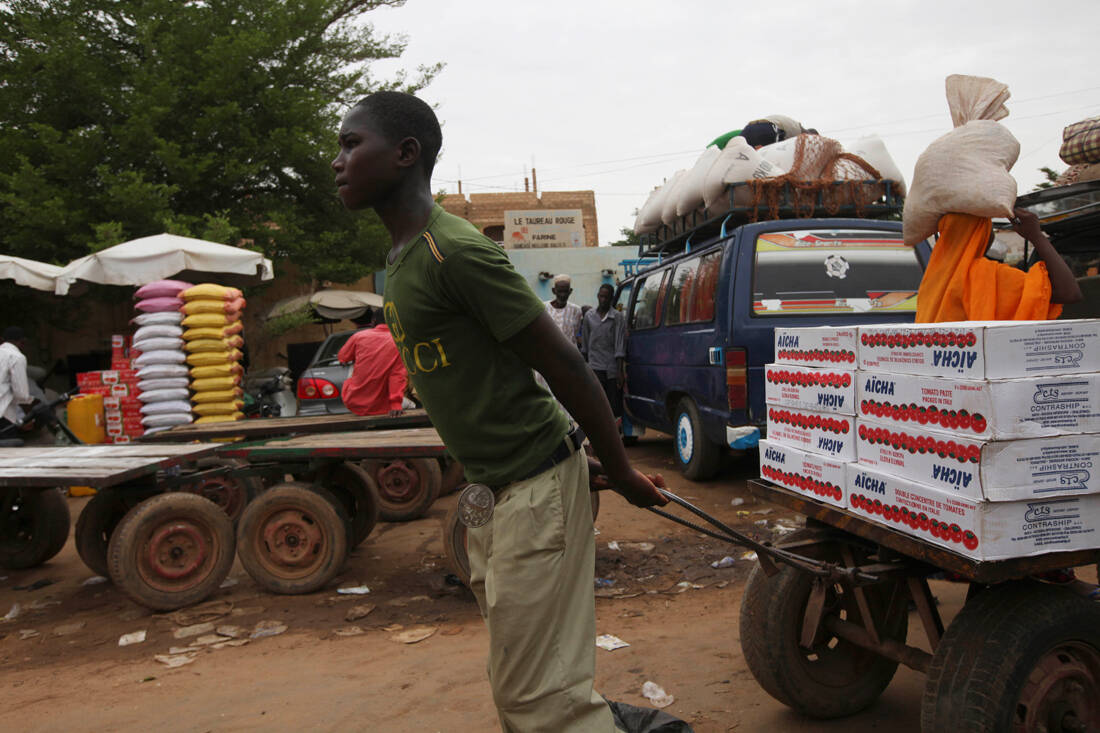
PwC explains that the percentage of counterfeit medicines it even reaches 70% in developing regions like Africa.
The WHO estimates that one in ten medicines in low- and middle-income countries, which include most African countries, is either counterfeit or of poor quality.
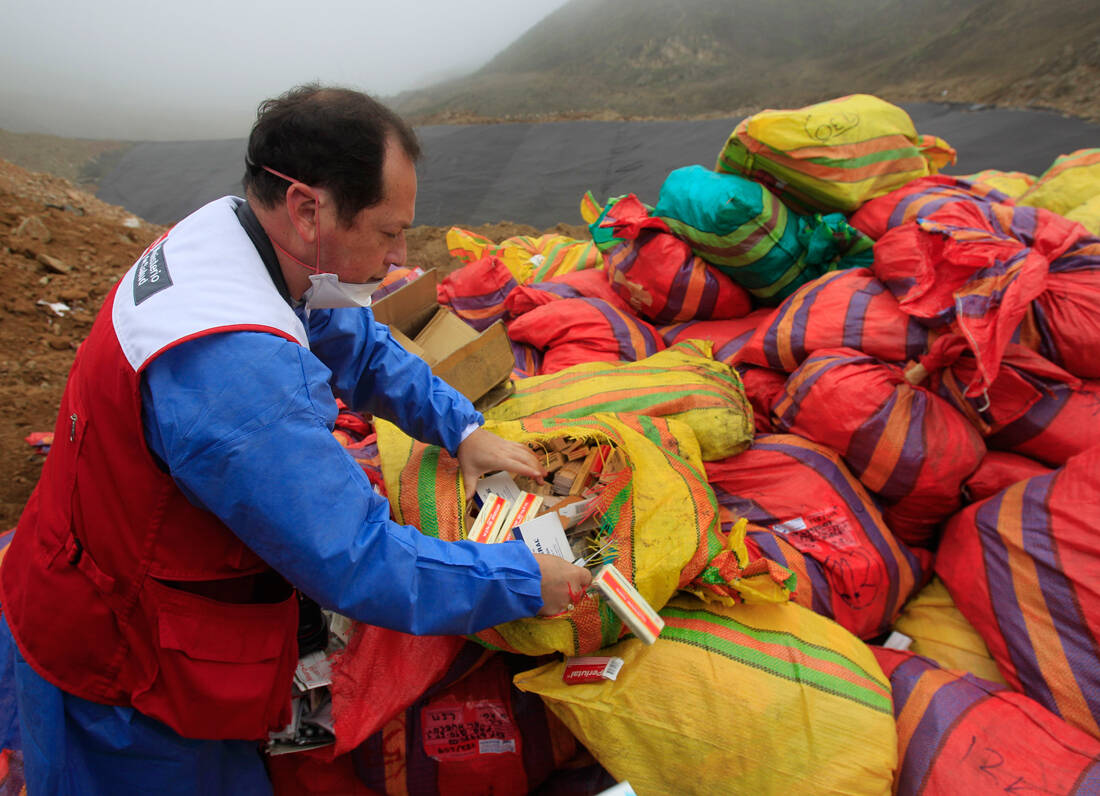
Analyzes by the London School of Hygiene and Tropical Medicine on behalf of the WHO showed that lower quality or counterfeit medicines for malaria may cause an additional 116.000 deaths each year in sub-Saharan Africa, at a significant cost to patients and health systems, at $ 38,5 million a year, average.
In 2015, research published in the American Society of Tropical Medicine and Hygiene estimated that the lowest quality drugs for malaria in the sub-Saharan Africa cost more than 122.000 deaths of children under the age of 5 each year.
Although these results are only estimates, scientists say they are indicative that poor quality drugs play an important role in the death rates of children under the age of five.
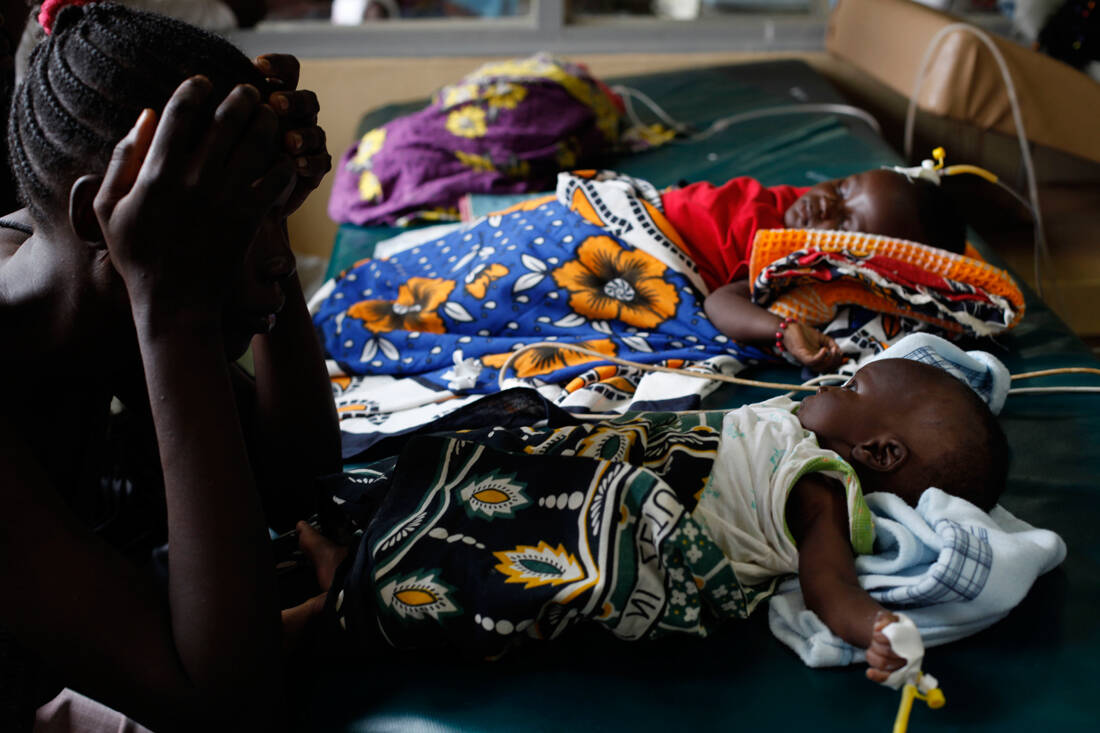
Counterfeit drugs are difficult to separate from regular ones, with their packaging often just as good, though not better than genuine ones.
Weak or non-existent legal framework and lack of regulations regarding sales - made online or from sites without the required licenses - are factors that exacerbate the problem, as he points out ΟΗΕ.
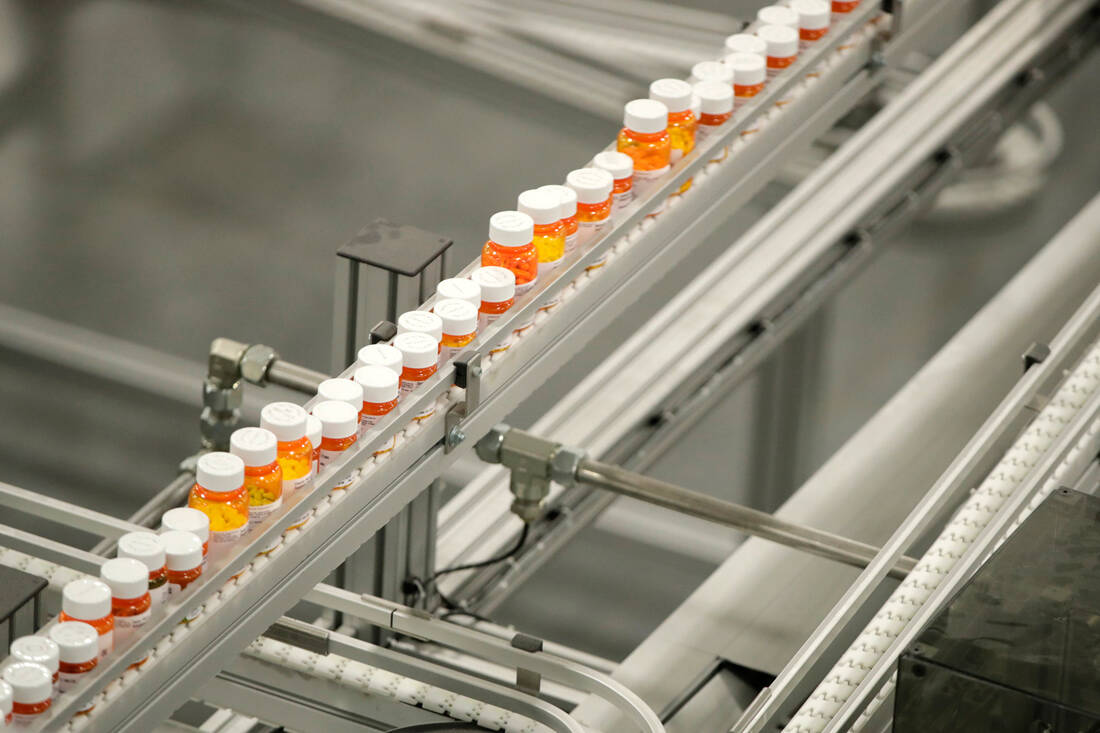
And there is a general problem with the cost of medicines in the poorest countries.
"If a good quality drug from a reputable supplier is very expensive, people are likely to try a cheaper one than someone who owns it without a license," explains the WHO. However, reducing the prices of licensed medicines does not guarantee a solution to the problem. Even low-cost drugs can make a profit for criminals - if the volume of sales is big enough.
One possible solution seems to be technology. Whether with mobile applications that help users verify the authenticity of a drug, or with "scratch" stickers, or with barcodes and other means of identification, there seems to be a way to make moves to reduce the problem.
